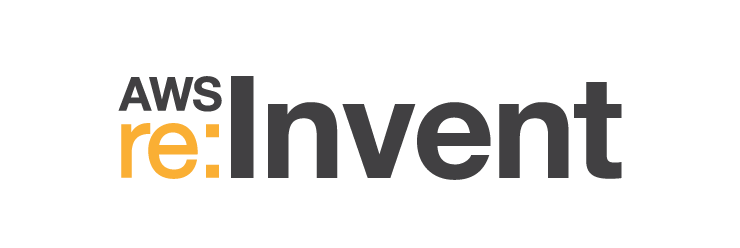 One of the world’s largest cloud service providers, Amazon, is now all set to expand its tech potential in varied sectors of IT and research. At its recent Re: Invent 2018 conference in Las Vegas, Amazon announced its future-ready machine learning services, along with company’s advancement with newer technology stack in areas like Blockchain, health care, logistics and data management.
One of the world’s largest cloud service providers, Amazon, is now all set to expand its tech potential in varied sectors of IT and research. At its recent Re: Invent 2018 conference in Las Vegas, Amazon announced its future-ready machine learning services, along with company’s advancement with newer technology stack in areas like Blockchain, health care, logistics and data management.
The tech giant also unveiled its new Amazon SageMaker, developed and deployed to help developers build, optimize, and deploy ML-based applications. With its Inferentia chip, Amazon marked its onset in the field of smart chip and processor segment, driven by advanced Machine learning algorithms and AI capabilities. In order to target the growing market of virtual private assistants (VPA) and smart bots, Amazon integrated audio-based assessment into its latest series of inferentia chips to actuate real-time audio-to-text translation.
In addition to its ML-driven Inferentia chip, AWS in collaboration with ARM, launched new cloud compute instances called EC2 A1, commonly called as Graviton. The Graviton chip is powered by technology from SoftBank Group Corp-controlled Arm Holdings and is distinctively designed to take over the data center market, directly targeting Intel and Nvidia’s present dominance.
Blockchain
After a brief delay, Amazon finally announced its newfound avenue into the Blockchain space. The company recently launched its Amazon Quantum Ledger Database and Amazon Managed Blockchain services. The Managed services aim at simplifying enterprises grade record transactions and management. The service model also brings along most efficient and secure peer-to-peer payment function and transaction management with suppliers and distributors. On the other hand, Amazon’s Quantum Ledger Database is essentially developed as a digital ledger aimed to ease record management of data ranging from supply chain, financial, manufacturing, insurance to HR and analytics.
The company is also promoting its services by allowing users and developers around the world to access the services via popular open source blockchain frameworks like Ethereum and Hyperledger Fabric.






